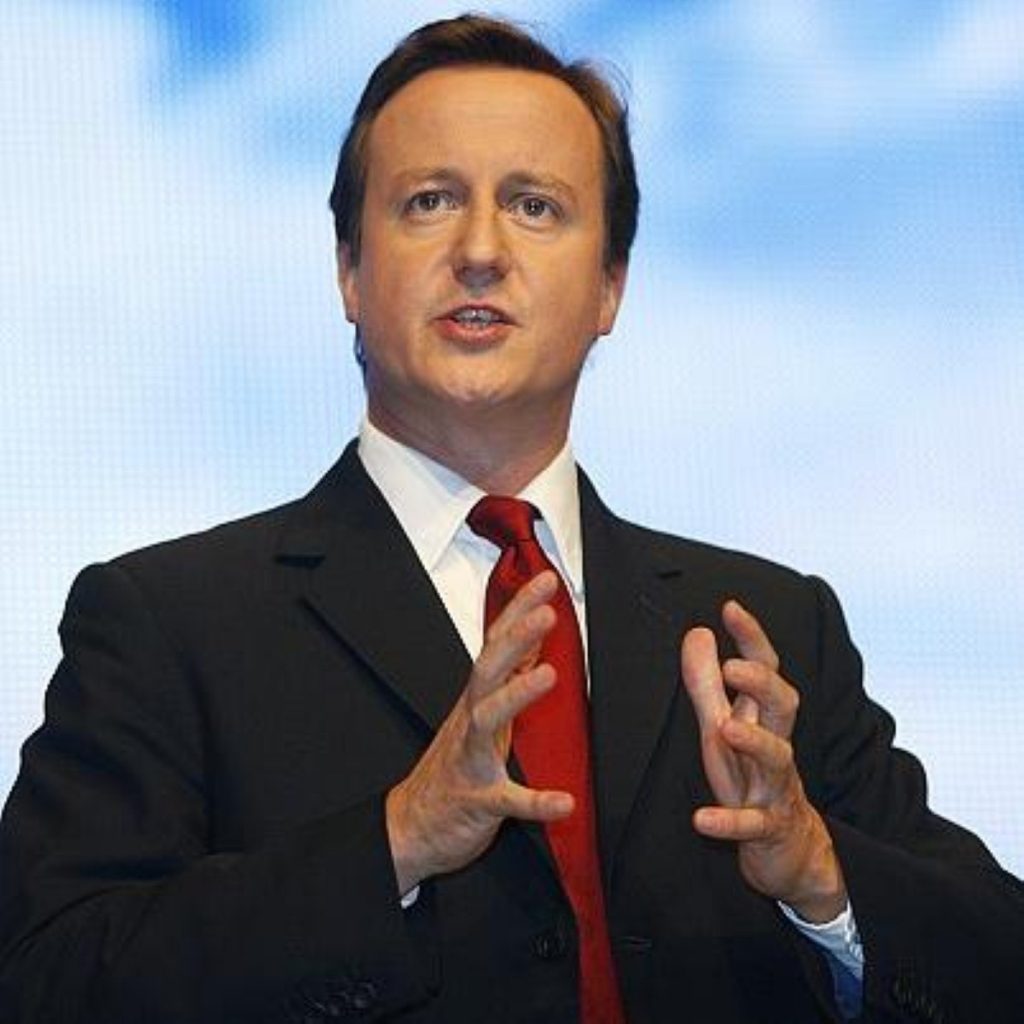Cameron: We’ll bring back your freedoms
By Alice Cannet and Ian Dunt
The government is creating a “control state” but the Tories will undo much of Lasbour’s authoritarian legislation, David Cameron has said.
Speaking at Imperial College, the Conservative leader said his party, if elected, would review the use of stop and search powers, despite defending the police tactic in the past, and even reform the controversial Regulation of Investigatory Powers Act (Ripa).
A Cameron administration would revoke powers allowing local councils to enter homes for trivial offences and reconsider the extradition treaty between the US and the UK, he added.


He further developed his idea of a “post-bureaucratic age”, a key concept of his campaign, which intends to dismantle quangos and cut back the salaries of senior public servants.
This includes giving the public a “right to data” in 20 key areas including crime statistics, the performance of schools and hospitals and road traffic data.
Despite both the Lib Dem and Labour having vowed to open up access to data and make the state more accountable, Mr Cameron accused the government of impairing freedom.
Speaking about the consequences of the publication of MP’s expenses, Mr Cameron said the flow of information is “critical” to the balance of power.
“What the Daily Telegraph did – the simple act of providing information to the public – has triggered the biggest shake-up in our political system for years. Information alone has been more powerful than years of traditional politics,” he said.
“Of course, it has been a painful time for politics and for individual politicians, but let us be clear, it is without question a positive development for the country.”
He continued: “A radical redistribution of power also means increasing our power over the state which means advancing political accountability.
“Information is power – because information gives people the tools to hold the powerful to account.”
The government is tentatively considering broadening the remit of the Freedom of Information Act and reviewing cuts on Ripa following excessive use of the legislation by local councils.









